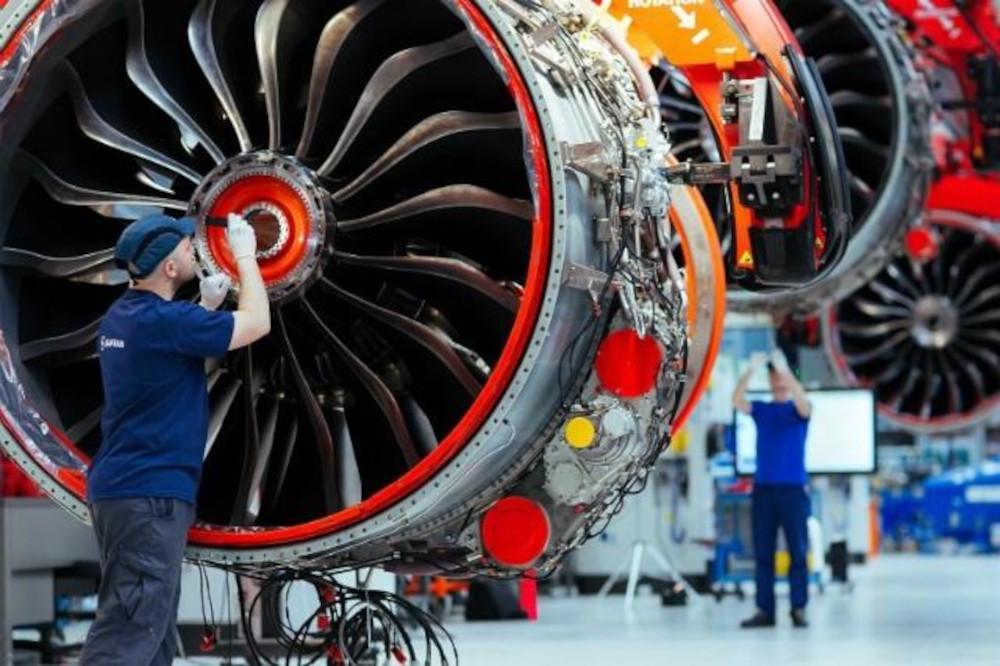
The blow from a COVID-19-induced drop off in the commercial aftermarket in 2020 was partially offset by pre-existing contract arrangements. 2021 was a dire year for the aftermarket in general, with the engine MRO segment particularly feeling the sharp impacts of a travel slump which led to airlines cutting back on their maintenance arrangements, including expensive engine shop visits.
This year, despite the market still being well below pre-crisis levels, there is greater cause for optimism than in the previous two years. A good illustration of this is in Europe, the world’s second largest commercial engine aftermarket. MRO on the continent has experienced mixed fortunes: heavier engine work scopes are increasing, but airlines are still reluctant to send their engines for intensive shop visits.
Unsurprisingly, an industry penchant for green-time engines also continues and is expected to be robust in the next two years. However, David Byrne, director of asset remarketing at GA Telesis, feels there will be fewer engines in the market in “two to three years’ time.”
Getting to grips with issues related to the global supply chain is also at the forefront of company strategies. MROs, OEMs and airline maintenance divisions alike have stressed the need for greater flexibility in relation to customers to combat some of these challenges.
Turnaround times (TAT) are still providing a challenge for MRO shops globally. While some improvements were noted this year on the 60-90 day TATs being cited at the height of supply chain constraints last year, TATs are generally still longer than at pre-crisis levels.
The industry is also still battling the rise in inflation and the subsequent cost increases this brings for key functions, such as components and materials. Both MROs and leasing companies are seeing some impact of this already, but expect this to increase next year.
This is also impacting areas beyond parts pricing and material costs. “Inflation is further amplifying the problems we already had around recruitment,” said Derrick Siebert, vice president of commercials, engine services at Lufthansa Technik. “There is an expectation of more attractive salaries and incentives, and amplified inflation makes all of this much more costly and difficult to grow the workforce and be attractive.”
Meanwhile, the leasing segment is expected to eventually see an impact from inflation rises in the form of rising compensation and maintenance rates.
For airlines, cost-conscious since the pandemic and in the midst of forecasting future shop visits, the outsourcing of engine maintenance agreements continues to be the preferred strategy going forward. Exactly what type of outsourcing they opt for—time and material or fixed rate repairs—varies depending on the carrier.





